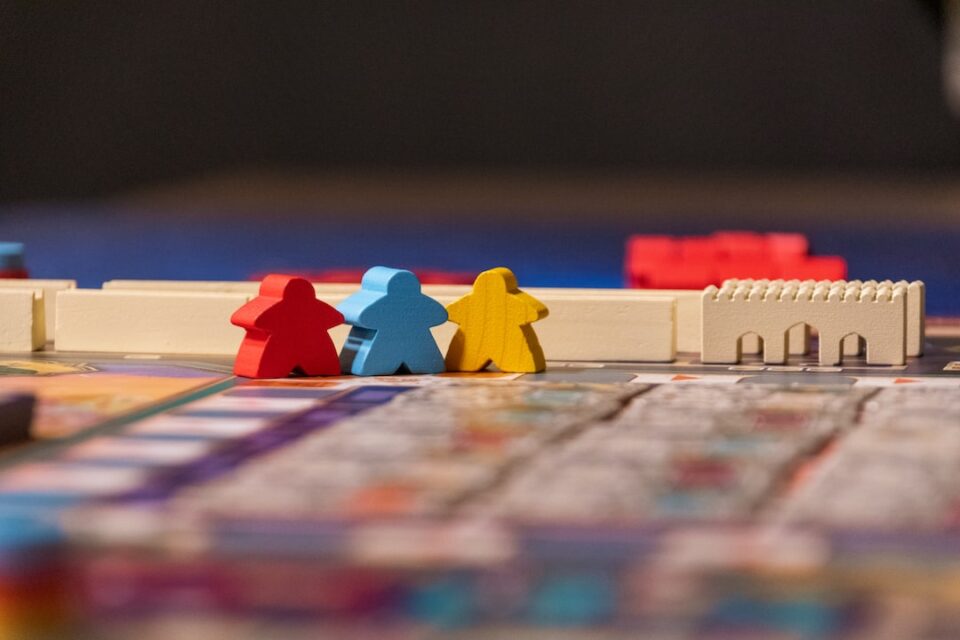VR Gaming: Unlocking the Potential of Immersive Virtual Worlds
In recent years, the world of gaming has seen a dramatic shift towards virtual reality (VR) technology. With the introduction of headsets such as the Oculus Rift, HTC Vive, and PlayStation VR, gamers now have the opportunity to step into virtual worlds and experience gaming like never before. VR gaming not only offers a new level of immersion but also has the potential to revolutionize the gaming industry as a whole.
One of the key advantages of VR gaming is its ability to provide a truly immersive experience. When donning a VR headset, players are transported into a virtual world where they can interact with their surroundings and characters in a way that was previously unimaginable. Whether it’s exploring a haunted house, battling enemies in a post-apocalyptic landscape, or racing cars at breakneck speeds, VR gaming allows players to feel as though they are truly part of the action.
The level of immersion offered by VR gaming is enhanced by the use of motion controllers. These handheld devices allow players to physically interact with the virtual environment, whether it’s wielding a sword, throwing a grenade, or picking up objects. This level of physicality adds an extra layer of realism to the gaming experience and makes it feel more tangible and engaging.
Moreover, VR gaming has the potential to bring people together like never before. With the advancement of multiplayer VR games, players can now join forces with friends or even strangers from around the world in virtual environments. This creates a sense of presence and camaraderie, as players can communicate and strategize with each other as if they were physically together. VR gaming has the power to bridge distances and connect people in a way that traditional gaming simply cannot.
Beyond the realm of gaming, VR technology also has a wide range of potential applications. In the field of education, VR can be used to create immersive learning experiences, allowing students to explore historical landmarks, dive into the depths of the ocean, or even travel to outer space. This hands-on approach to education has been proven to enhance learning and retention, making VR a valuable tool in the classroom of the future.
The use of VR extends beyond education and entertainment. In the healthcare industry, VR has been used to treat patients suffering from anxiety, phobias, and PTSD. By exposing them to virtual simulations of triggering situations, therapists can help patients confront and overcome their fears in a controlled and safe environment. The immersive nature of VR makes it an effective therapeutic tool and has the potential to bring about significant improvements in mental health treatment.
However, the full potential of VR gaming has yet to be fully realized. While the technology has come a long way, there are still limitations that need to be overcome. One of the main challenges is the cost of entry, as VR headsets and accompanying hardware can be quite expensive. Additionally, there is a need for more high-quality VR games and experiences to truly showcase the potential of the technology.
Nevertheless, VR gaming is steadily gaining popularity and momentum. Major players in the gaming industry are investing heavily in VR development, and more and more games are being released specifically for VR platforms. As technology continues to advance and become more accessible, VR gaming has the potential to become a mainstream form of entertainment.
In conclusion, VR gaming has unlocked the potential of immersive virtual worlds, offering players a level of immersion and interaction previously unimaginable. With its ability to bring people together, enhance learning, and improve mental health treatment, VR has proven itself to be much more than just a gaming technology. While there are still obstacles to overcome, the future of VR gaming looks promising. As technology continues to evolve, we can expect even more incredible and engaging experiences in the virtual worlds of tomorrow.

